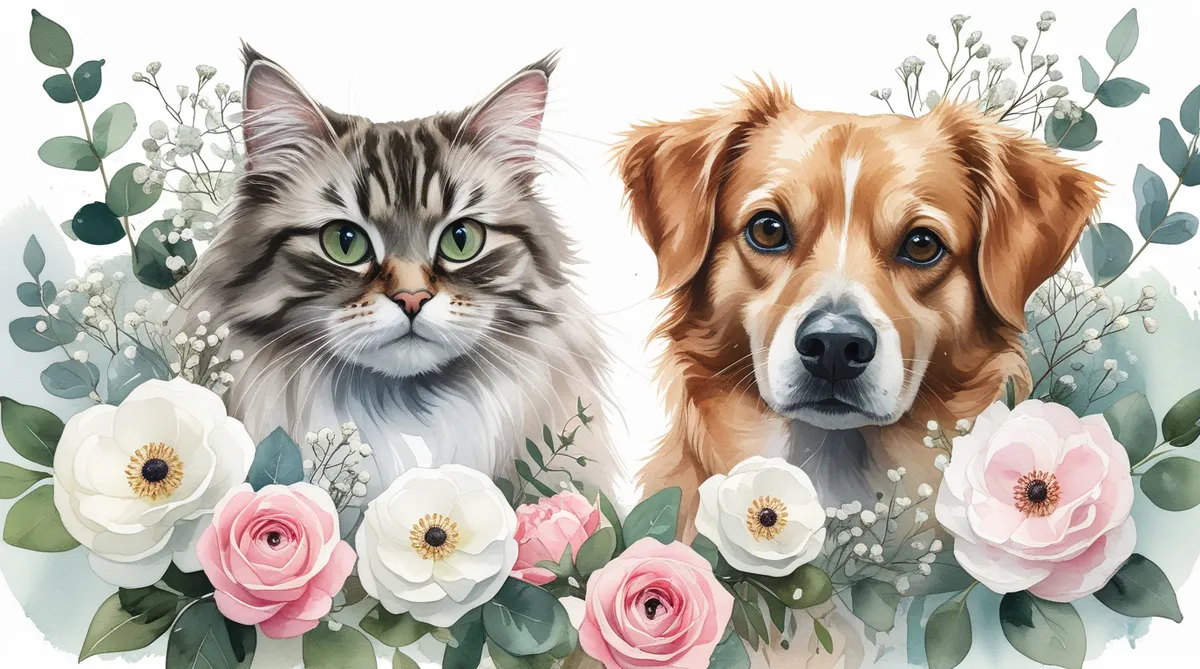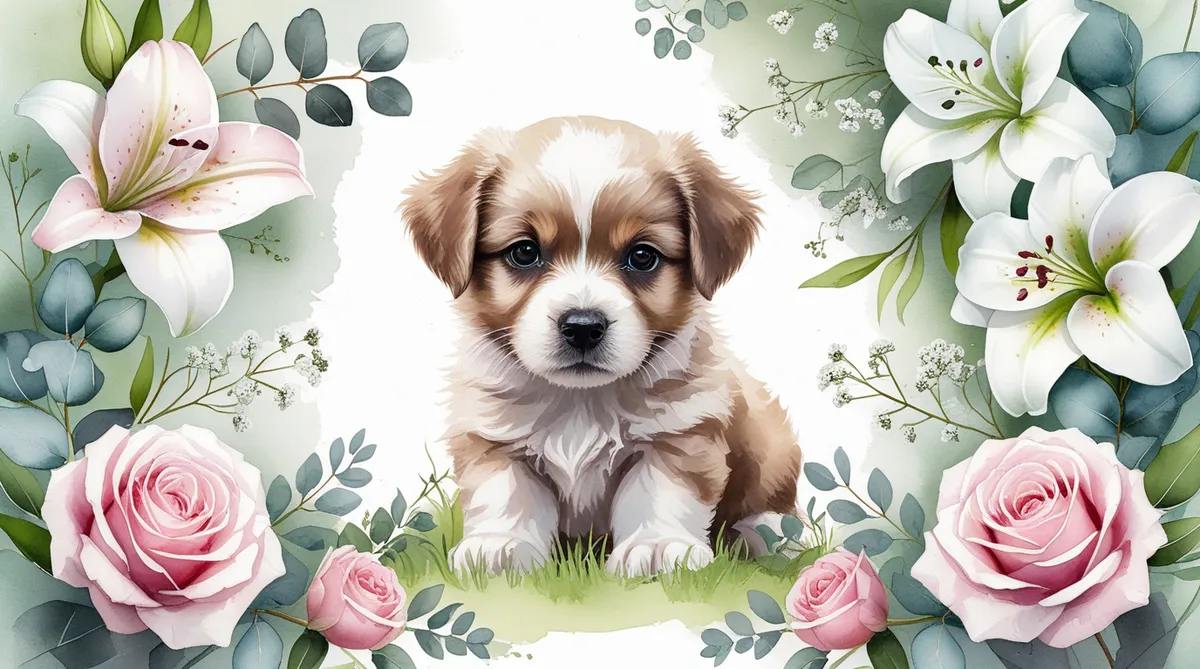Dealing with pet bereavement

Dealing with pet bereavement is huge because for many people, pets simply are family.
When a pet dies, the pain can be as deep and disorienting as losing a close human companion. Dealing with pet bereavement is a deeply personal experience that often goes unacknowledged by society, making the grief feel even heavier.
But this kind of loss is valid, significant, and deserving of time, care, and understanding.
The psychology of dealing with pet loss
Losing a pet can trigger complex emotional responses:
- Attachment loss: Pets provide daily routines, companionship, emotional support, and unconditional affection. Their absence can leave a profound void.
- Guilt and regret: Many pet owners wrestle with “what ifs,” especially if euthanasia was involved. Even when the decision is the kindest option, it can leave lingering doubts.
- Identity shift: For some, being a pet parent is part of who they are. The loss might bring about a sense of losing part of themselves or their role at home.
- Invisible grief: Unlike other forms of bereavement, pet loss is often met with silence or well-meaning but dismissive comments. This can compound the grief and lead to feelings of isolation. The worst thing someone can say is... "it was only a dog/cat/rabbit"
What people commonly feel when their beloved pet dies
Grief responses vary, but some common emotions include:
- Deep sadness or emptiness
- Loneliness at home or during daily routines
- Disrupted sleep or changes in appetite
- Anxiety, especially if the pet provided emotional support
- Relief (when suffering ends), followed by guilt for feeling it
These responses are normal.
There is no “right” way to grieve, and the timeline for healing is different for everyone.
If someone you know is dealing with pet bereavement

Knowing what to do or say when someone is grieving a pet can be difficult.
Here’s how to be a compassionate presence for them:
- Acknowledge their grief. Say something simple and sincere: “I’m so sorry. I know how much they meant to you.”
- Listen without comparison. Avoid saying, “At least it was just a dog” or “You can get another one.” These comments may seem practical but can feel minimizing.
- Let them tell stories. Talking about their pet’s personality, quirks, or final moments can be incredibly healing.
- Check in regularly. Grief doesn’t disappear after the first few days. A thoughtful message weeks later can mean a lot. It really shows you care.
- Don’t rush the process. Give your friend the space to grieve in their own time, without pushing them to move on or “be strong.”
Thoughtful gift ideas for someone grieving a pet
While no gift can erase the pain of loss, small gestures can offer comfort and remembrance:
- A custom portrait or illustration of their pet
- A memorial candle with their pet’s name or scent reminiscent of home
- A paw print keepsake or framed photo
- A plant, tree, or flower they can grow in remembrance
- A donation to an animal charity in their pet’s name
- A thoughtfully written sympathy card, perhaps with some poetry or a quote that speaks to their pet’s unique place in their life
Flower gift ideas for pet loss
- White lilies – Symbolise purity and peace, often used in remembrance arrangements.
- Forget-me-nots – Represent enduring love and remembrance, perfect for honouring a beloved pet.
- Sunflowers – Offer a message of loyalty, warmth, and the joy that pets bring into our lives.
- Hydrangeas – Evoke calm, sincerity, and heartfelt emotions—ideal for sympathy.
- Orchids – Long-lasting and elegant, orchids express enduring affection and care.
- Mixed wildflowers – Especially meaningful if the pet loved the outdoors, they bring a natural, personal touch.
A lovely idea is to gift a living plant or flowering pot—like a peace lily, lavender, or mini rose bush or some violets, that can be nurtured in memory of the pet.
Giving support during pet bereavement

For many, the silence that follows the loss of a pet is one of the hardest parts. No more footsteps, no familiar rustling, no quiet presence by the sofa.
Even small daily routines—feeding, walking, cuddling—can feel like painful reminders. What may appear to be a simple adjustment from the outside is, for the grieving person, a complete change in emotional landscape.
Those grieving may also find it hard to talk openly, particularly if they sense that others might not fully understand the intensity of their feelings. They might withdraw or avoid conversations altogether. This doesn’t mean they don’t want connection—it just means they need understanding without pressure
What might help
- Offer your presence: A simple “I’m here if you want to talk” can be more comforting than trying to offer answers or just show up from time to time and be available.
- Mark the loss: Even a small token, like a handwritten note, tells someone their grief is seen and respected.
- Validate their feelings: Don’t underestimate the loss, especially if the pet had been part of their life for many years.
If you’re the one grieving, allow yourself the same grace you would extend to someone else.
Your grief has no timeline and no one is rushing you.
Whether your pet was with you for six months or sixteen years, the bond was real and worth honouring.
Support, compassion, and small acts of remembrance can make all the difference as someone learns to live with the loss of a pet they truly loved.
A final thought about dealing with pet loss
Grief after losing a pet is real and profound.
Whether you're the one mourning or supporting someone else, the key is to treat the loss with respect and care.
In honouring the bond that existed, we also honour the deep love at the heart of the relationship.
The love of a pet doesn't end with death, it just changes form


